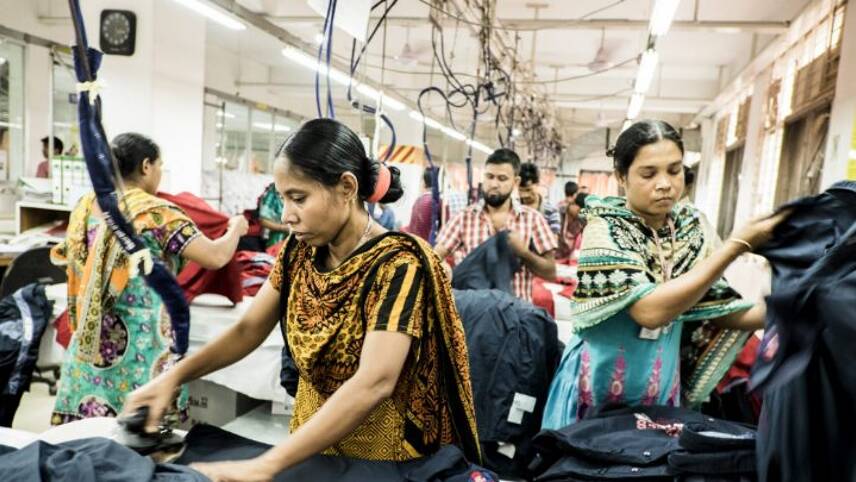Register for free and continue reading
Join our growing army of changemakers and get unlimited access to our premium content

The global fashion sector is estimated to employ one in seven working-age people globally. Image: Better Buying
According to Better Buying’s 2019 Index report, the supply chain practices of brands and retailers sourcing from suppliers in UK are generally worse than those implemented by other corporates sourcing from nations such as Bangladesh, India, and Indonesia (refer Table A5 of the report).
Metrics tracked to calculate the comparisons include sustainable sourcing and order placement; planning and forecasting; and having a ‘win-win’ sustainable partnership between supplier and purchaser.
These measures were applied to the performance of 71 big-name brands and retailers, as disclosed by 802 ratings from key suppliers covering 52 countries.
Specifically, the report found that just 35% of suppliers in UK providing apparel, footwear, and household textile products to brands and retailers worldwide were receiving incentives for complying with sustainable procurement requirements. In comparison, the proportion was 62.8% in Bangladesh.
Moreover, the UK suppliers experienced varying monthly orders, more than any other location, leaving suppliers poorly placed to plan resource use to match demand. UK suppliers reported monthly order fluctuations from their clients, which was “significantly” higher and twice as high compared to that reported by their Southeast Asia counterparts.
UK retailers assessed by Better Buying include the likes of Tesco, Whistles, Hobbs and John Lewis & Partners.
Other locations to have ranked among the world’s poorest recipients of purchasing practices evaluated on metrics within the Index include the US, Turkey, Hong Kong, and Southeast Asia (refer Table A5 of the report).
In the report, Better Buying states that “few of the findings… will come as a surprise to experienced industry professionals”.
“For retailers and brands, supply chains of the future will need to be designed to meet volatile market demands and provide continuity of supply despite the policy noise,” the report states.
“These supply chains will also need to contribute positively to the environment and people making our products.
“Moreover… Better Buying believes that the winners in the future will be the retailers/ brands and their suppliers that come together in new, truly strategic partnerships that draw on the core competencies and strengths each brings to the table and where the benefits they achieve together are shared fairly.”
Sarah George
* An earlier version of this article stated that UK retailers were overseeing some of the world’s worst supply chain practices, in terms of ethics and environmental sustainability, in the fashion sector.


Please login or Register to leave a comment.